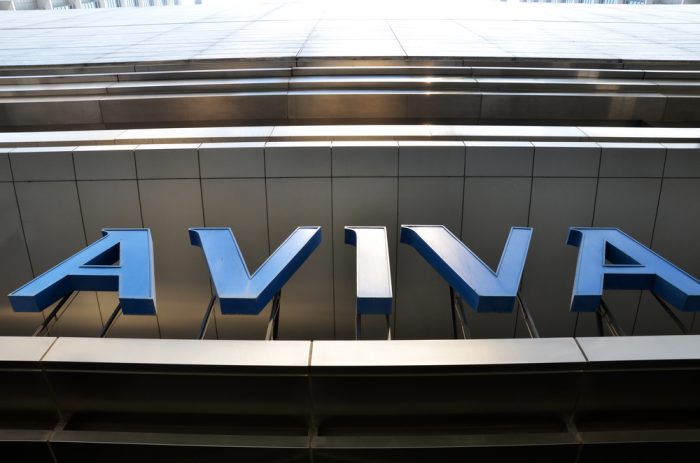More than a third of people did not follow up breast cancer worries due to the pandemic, according to research from Aviva.
Its survey of 1,000 UK consumers found that, when asked why they did not visit their GP straight away despite discovering a change in their breast, 36% said they were put off due to the pandemic.
The same number said they were scared to go in case it was serious, and 32% said they did not think it needed checking out.
The insurer also revealed its protection statistics for breast cancer over 2020.
During the year, Aviva paid £63,464,239 to critical illness (CI) customers with breast cancer, with an average payment of more than £77,000.
It also paid an annual insured benefit of £1,370,939 to individual income protection (IP) customers with breast cancer, with an average of more than £20,000 annual benefit.
Over last year, its claims rehabilitation service supported 83% of individual income protection claimants who were diagnosed with breast cancer back to work.
Aviva noted breast cancer was by far the most common reason for claim among women, accounting for 42% of all individual critical illness claims made by women. And two CI claims were also paid for breast cancer in men.
It noted with the average age of claims at 46 for IP and 47 for CI the age of diagnosis was falling, with the youngest CI claim at 27 and the olderst at 80.
Importance of prompt medical advice
Commenting on the figures, Jacqueline Kerwood, claims philosophy manager at Aviva, said: “Breast cancer impacts people of all ages and that’s why it is so important that everyone regularly checks themselves for warning signs and that they seek prompt medical advice if they have any concerns.
“Should a customer be diagnosed with breast cancer, critical illness and income protection can provide crucial financial support to help customers focus on treatment and recovery rather than worry about their finances.
“Aviva can provide customers with additional advice and support through our partnership with Macmillan to help them deal with the impact of living with and recovering from a cancer diagnosis.”
